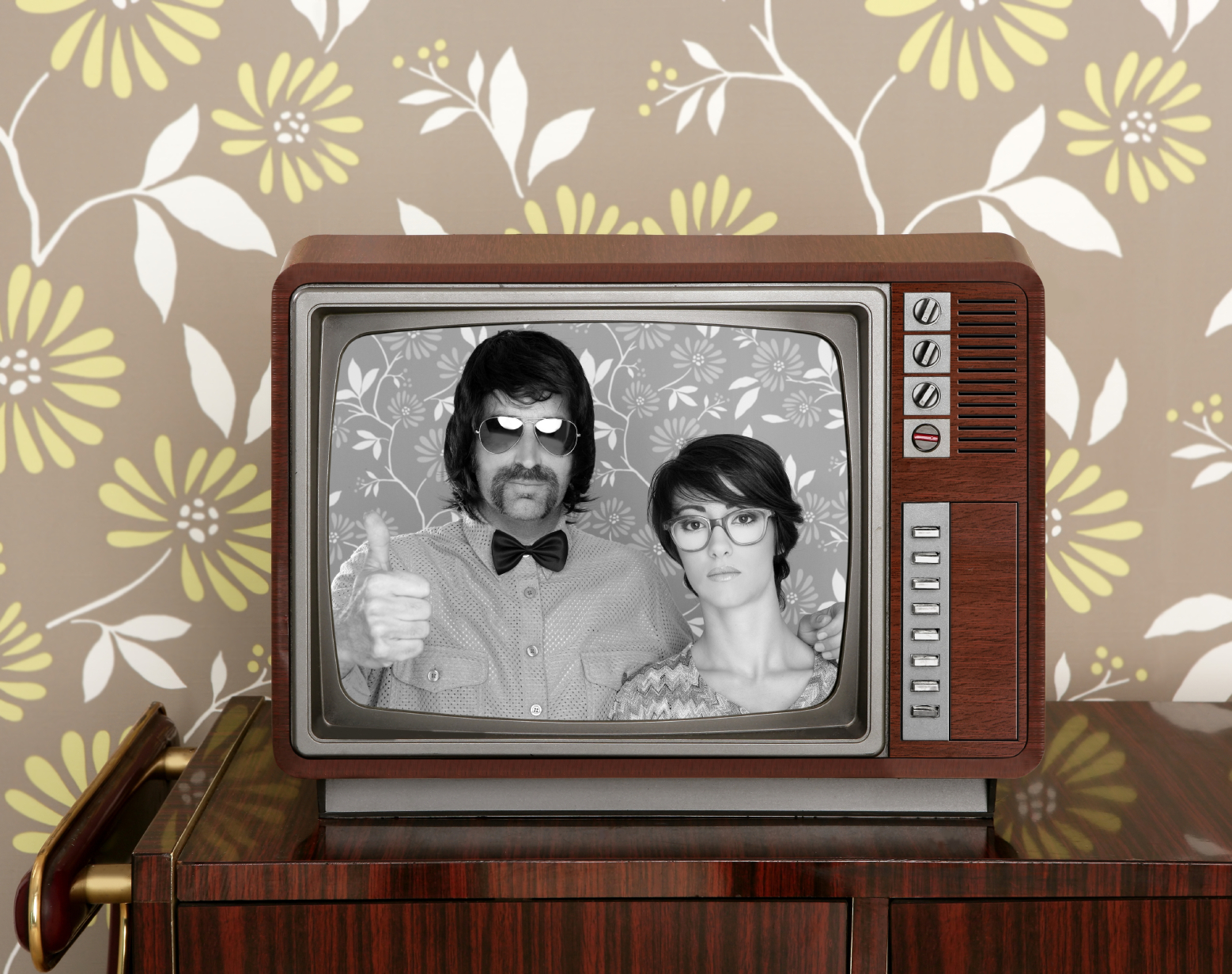Jealousy pangs occur for almost every couple at some time. However, if jealousy becomes part of an ongoing cycle of anger, suspicion, distress and insecurity in a couple, it needs dealing with on a deeper level before it erodes core trust in each other and dampens closeness and desire in the relationship.
It’s important to consider what we bring to the relationship from past experience and what factors within the current relationship dynamics tend to trigger jealousy or insecurity about feeling loved. By understanding our triggers we can devise strategies for disarming them and doing things differently for everyone’s benefit. Differences in temperament, background and assumptions about couplehood can lead to jealous, insecure feelings. For example, what one partner sees as being innocently friendly might be seen as flirtatious behaviour by the other. What sincerely feels like a fair request to be more respected from one partner may feel like a controlling, limiting demand to the other. Sometimes we have to accept that we have different expectations from our partner about how things are done in the world and learn to see things through their lens as well as our own.
If you suffer with jealousy regularly and it causes problems in your relationship, you may benefit from some objective help to identify your triggers and see how you might arrest negative cycles of feeling and subsequent self-defeating behaviours. Here are a couple of things to consider in helping yourself manage jealous emotional cycles:
Don’t blindly trust obsessive thinking and assumptions. Ruminating on fears, worries and suspicions can gradually distort reality so that your interpretations of all events are coloured by your anxieties. If you can’t stop thinking about your partner possibly flirting with someone else, you must question the helpfulness of your thoughts. Don’t let yourself become mindlessly hooked on self-defeating fantasies and anxiety.
Instead, look at how you can regulate your core fear and hurting. A primary driver of jealous feelings is self-criticism or self-doubt – such as questioning how lovable and desirable you are as an intimate partner. The anxiety gives rise to negative obsessive cycles of thinking. It isn’t to say that your partner isn’t contributing to the cycle of distress in the relationship – it usually takes two to get a cycle going – but regardless of your partner’s contribution, the part you have the power to regulate best is YOUR mind. If you are beset by self-doubt you may inwardly assume you are never enough to satisfy a partner and unwittingly look for “clues” they are looking for more elsewhere. This can lead you to see ‘evidence’ that doesn’t really hold up. Be careful of that.
When hit by a terrible feeling of unworthiness and self-doubt, before you let it set off a cycle of assumptions and anger, ask yourself sincerely:
“What can I do to feel more lovable and adequate in myself?”
Now this doesn’t mean fears are always baseless or that you should blame yourself if there is a culture of secrecy in your relationship. Of course ALWAYS discuss your fears with your partner but avoid blaming when you address the issues because accusations and criticism – they FEED the cycle of distress and distrust and stop anybody feeling good. Instead, you might both discuss what helps you most to feel safe and deeply loved and honoured in your relationship and what kinds of things tend to shake those feelings in you.
If you need more intensive help with issues like these – come on over to www.drdebracampbell.com and download the free eBook Hot Devotion, or drop me an email. I’m here to help.
Just BE the love that you ARE x





